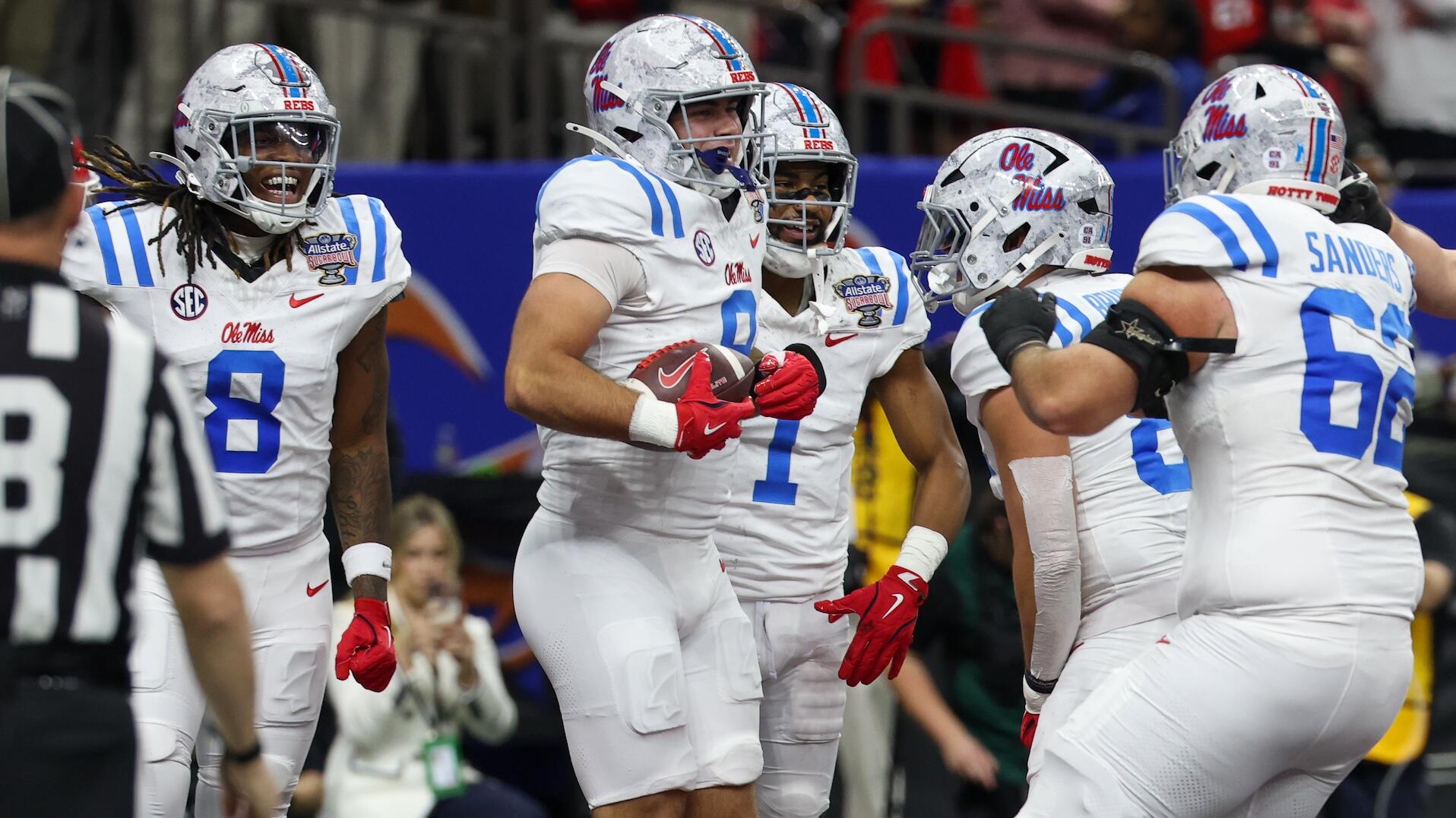The heading was jarring enough: THE OLYMPICS—FOR WHITES ONLY! But then came the letters themselves, dripping with vile racism, mailed in early July 1984 to various Olympic organizing committees in countries across Asia and Africa:
African monkeys! A grand reception awaits you in Los Angeles! We are preparing for the Olympic games by shooting at black moving targets. In Los Angeles our own Olympics flames are ready to incinerate you. The highest award for a true American patriot would be the lynching of an African monkey. Blacks, Welcome to the Olympic games in Los Angeles!We’ll give you a reception you’ll never forget! In kindling the Olympic flame and glorifying the might of the white man, the ancient Greeks in their wildest dreams could not imagine their descendants competing at Olympics with black and yellow apes.We shall put an end to this. The blacks and yellows will not be permitted to defile America’s stadiums. We shall not permit the apes to be present either. If your cubs dare to come to the Summer Olympics in America, they will be shot or hanged.
The letters were signed simply: Ku-Klux-Klan.
Naturally, these missives triggered panic among the recipients. Were the white supremacist hate group to have acted on the threats, the consequences would have been unimaginably grave. Not overlooked, though, was the potential effect on the 1984 Summer Games, which were set to begin at the end of July. A race-based terror attack, after all, would ruin not just these Olympics, but perhaps the Olympics, which at the time were already deeply imperiled. In September ’72, a terrorist attack resulting in the deaths of 11 Israeli athletes had stained, ineradicably, the Summer Games in Munich. Four years later, that summer’s rendition nearly bankrupted the host city of Montreal. In ’80, the United States and 64 other countries boycotted the Summer Games in Moscow. By the time Newsweek asked on the cover of its May 21, 1984, issue, “Are the Games Dead?” it didn’t seem sensational.
Earlier that month, the Soviet Union had announced that it would not be participating in the Los Angeles Games, a clear retaliation against the U.S.’s absence in 1980. That outcome, though, had always been a possibility. It had, in fact, been predicted years in advance, as the Cold War raged. When Peter Ueberroth, the chairman of L.A.’s Olympic organizing committee, negotiated rights deals with television networks, conversations inevitably detoured to contingency plans if/when the Soviets pulled out.
But if those organizers were prepared for the Soviets to sit out, they were not prepared for the Soviets to interfere. The foreshadowing and parallels to today—both in terms of Russian interference in the 2016 election and suspicion on both the left and right that the Russians stoked racial tensions this June in the aftermath of George Floyd’s killing by police—are so obvious that they scarcely merit mention. But those KKK letters? They marked an early example of the Soviets committing an act of (pre-internet) hacking, of spreading disinformation, all in service of destabilizing the United States.
As word began to spread about this batch of repugnant, racist hate mail, Ueberroth raised the issue at multiple LAOOC meetings. Anita DeFrantz, a bronze-medal rower at the 1976 Games—and a vocal critic of the ’80 boycott—was serving as a vice president of that committee, and her official role mostly entailed planning and organizing the Olympic Villages, especially the main one on USC’s campus. But, like most employees under Ueberroth in the critical, frantic weeks before the Games, her duties were many and her hours of sleep were few. Now she had another responsibility. “Peter looked at me,” she recalls, “and said, ‘Anita will be responsible for getting the national Olympic committees of Africa here.’ ”
While it was never articulated, DeFrantz assumed she was chosen for this role, at least in part, because she is Black. She never saw the physical copies of the KKK letters, but she began working the phones, calling sports ministers from African nations. “I know they were concerned about their athletes’ safety,” she says. “I told them, ‘The Games will be secure. Your athletes will be safe.’ ” Then she made a self-deprecating joke: “One of the only things the U.S. government does for sport is to protect the events.”
As much concern as these letters prompted, they also prompted suspicion. Targeting Olympic athletes from other countries hardly seemed consistent with the aims of the Ku Klux Klan, which, since its founding immediately after the Civil War, had stuck to a domestic agenda. The letters were sent, too, to the specific addresses of organizing committee members, suggesting a high level of knowledge and sophistication. And they were postmarked from Washington, D.C.’s, tony Virginia suburbs, not exactly a known hotbed for virulent racist groups.
There were also physical characteristics of the letters that put their authenticity in doubt: Their letterhead did not match the letterhead the KKK typically used, and the envelope containing one letter sent to Zimbabwe had been addressed using an electric office typewriter, unlikely to have been used at the time by a fringe organization like the KKK.
Inside, the grammar and phrasing and exuberant use of exclamation points suggested the writer spoke a foreign language. Perhaps most perplexing, though: The Ku Klux Klan’s name was, inexplicably, hyphenated: Ku-Klux-Klan.
If the correspondences were inconsistent with the M.O. and goals of the KKK, though, they were thoroughly consistent with the M.O. and goals of one foreign adversary. In the months after the U.S. announced its boycott, the Soviets attributed their nonparticipation in the Los Angeles Games not to some political stand but to safety concerns. One dispatch from the Russian news outlet TASS (“news” being used broadly here; it is, by any definition, state TV), justified the boycott by declaring: “There is an epidemic of thefts in Los Angeles, where Olympic ideals have been subordinated to business, where an atmosphere of violence reigns supreme, where bandits shoot at Olympic buses and one feels as if in prison.’’
The Soviets cited dangers posed by purported right-wing terrorists, including the Ban the Soviets Coalition, a fringe group of Russian expats with no history of violence. They cited the Watts Riots, which had occurred almost 20 years prior. And they referenced what they deemed to be a potentially deadly air quality—never mind that in July 1983, outdoors, Soviet swimmer Vladimir Salnikov had broken a world record in the 800-meter freestyle at a race in L.A.

In the end, the (fake) threat of racially-fueled violence had no effect.
John W. McDonough /Sports Illustrated
As word of the letters seeped out (including in reports by TASS, which attributed the threats to “the Invisible Empire, the Knights of the Ku Klux Klan”), and as the Games began, the KKK denied involvement. So did the Soviet Embassy in Washington. Meanwhile: Even as some 7,000 athletes from 140 countries competed in Los Angeles, U.S. authorities worked away trying to find the senders. Which did not take long.
Sourcing these mysterious letters was the ideal project for the Active Measures Working Group, an interagency coalition under the State Department that had been set up during the Reagan administration to counteract Soviet propaganda. One FBI source embedded in the KGB cemented the letters’ origin, confirming that the grammatical mistakes within were not the handiwork of an uneducated Klansman, but of someone who spoke Russian as a first language. Investigators traced the letters’ Maryland and Virginia postmarks to two of the few counties where Soviet nationals were allowed to live (see: The Americans) and determined that they were likely to have been mailed by Soviet embassy personnel.
Fearful that revealing the details of the investigation would “compromise the informant” (who had, himself, worked on preparing the racists leaflets) and “lead to his death,” the AMWG came up with ways to expose the hoax without exposing its source, and the FBI and State Department permitted LAOOC employees to state unequivocally to the recipients: The letters were fake.
The K-K-K hate mail, ultimately, did not have the desired effect. Of the 44 African nations that could have competed in L.A., only two boycotted outright—Ethiopia and Angola, both of which had ties to the Soviet Union and declined to send athletes to the U.S. in a show of solidarity, not because of any fears about racially motivated attacks. A third, the North African country of Libya, sent an L.A. delegation that included three journalists. But when the U.S. State Department denied entry to the journalists—“They weren’t coming to report news; they were coming to create news,” says DeFrantz—Libya’s leader, Muammar Gaddafi, ordered his country’s entire traveling party to return home.
The “letters scare,” as Ueberroth called it, was not mentioned at all during ABC’s coverage of the opening ceremonies. A few days before the closing ceremony, though, U.S. Attorney General William French Smith spoke at a conference of the American Bar Association on the subject of the communist “threat to the international rule of law.” In the course of his speech, he mentioned “openly racist and disgusting” letters that had been mailed to the national Olympic committees.
Those letters, he added, “were not produced or sent by the Ku Klux Klan,” as they’d been marked. “They were instead manufactured and mailed by another organization devoted to terror: the KGB. … Although I cannot detail all of what we know about these documents for fear of helping the authors to refine their efforts, a thorough analysis—including linguistic and forensic techniques—reveals that they are classic examples of a Soviet forgery or disinformation operation.”
TASS dismissed the attorney general’s accusation as “delirious myths.” But on Aug. 9, three days before the Games ended, The New York Times published a masthead editorial titled Olympic Sabotage, noting: “The Russians, and all the world, ought to be on notice that this was no mere spyland dirty trick against the United States. It was a malign insult to an international festival of sport, and to all the participating nations. In a time of rampant terrorism, it was also a spiteful incitement and a calculated effort to complicate the security arrangements and life of the athletes in Los Angeles. … Such a false warning of terrorism is barely distinguishable from an act of terrorism.”

The L.A. Games went off without a hitch, and the U.S. dominated. Among the 83 American gold-medal winners: both basketball teams, including Cheryl Miller (arms up) and the women.
Peter Read Miller /Sports Illustrated
Unlike, say, the hacking of a U.S. presidential election three decades later, the attempted hack of the 1984 Olympics had little effect. Carl Lewis racked up medals in track. Michael Jordan and Mary Lou Retton defied gravity in equal measure. Joan Benoit won the first women’s marathon. The Soviet boycott was regrettable, but it went largely unnoticed—except by McDonald’s, which had designed a giveaway game built around whether the U.S. won bronze (resulting in a free Coke), silver (fries) or gold (a burger) in various events. With America’s top rival absent, the giveaway proved far more costly than anticipated.
In the end, the L.A. Games could hardly have gone off more smoothly. The weather cooperated. The freeways were uncharacteristically decongested, as countless locals left town. With Ueberroth capitalizing on broadcast rights and sponsorships, the Games earned a surplus exceeding $250 million, much of which went to the LA84 Foundation, a nonprofit—run by DeFrantz for 28 years—that funded youth sports throughout Southern California.
Those Games were also uncommonly secure. One of the few incidents: Early on, the fire detection systems were triggered at the Olympic Village in Santa Barbara, where most of the rowers and canoeists were staying. Panic was short-lived, though, as investigators found the cause: A group of South Korean athletes were cooking a snake on a hibachi grill. Another false alarm.



















